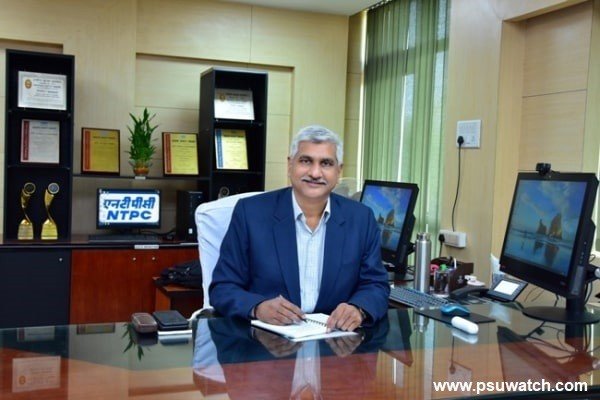Corteva Agriscience reports 16% increase in net sales in Q1 2020
Seed sales rose 25 per cent on a reported basis and 27 per cent on an organic basis primarily due to increased corn deliveries
Corteva Agriscience, the leading agricultural chemical and Seed Company has recently reported financial results for the quarter ended March 31, 2020, amid the COVID-19 crisis. Moreover, the major American agriculture company has delivered double-digit sales and earnings compared to the previous year. As per reports, first quarter 2020 reported net sales were $4.0 billion, up 16% versus the year-ago period, with double-digit organic sales1 growth in every region.
Seed sales rose 25%
Seed sales rose 25 per cent on a reported basis and 27 per cent on an organic basis primarily due to increased corn deliveries in North America, coupled with strong sunflower and corn sales in Europe, says the official.
Crop Protection Sales Improved 5%
Crop Protection sales improved 5% on a reported basis and 10% on an organic basis due to increased demand for new products globally, including ArylexTM and EnlistTM herbicides.
GAAP earnings per share (EPS) from continuing operations were $0.36, up 157% as compared with the same quarter last year. On the other hand, GAAP income from continuing operations after taxes was $281 million, up 151% versus the prior-year period.
Highlighting the global crisis over COVID-19 pandemic, James C. Collins, Jr., Corteva Chief Executive Officer said, “Driven by our purpose, Corteva has come together with industry, government, and society during this challenging global economic and health crisis to proactively drive solutions and to serve farmers and communities when they need us most. We quickly mobilized to ensure the safety of our employees and continued support for our customers – and worked collaboratively across industry and government lines to shape effective policies to avoid disruptions in our supply chain, helping to mitigate impacts to food security more broadly.”
“This level of collaborative coordination is essential as Corteva is a global citizen with an operational footprint that spans over 140 countries and includes a global workforce that serves over 10 million customers each year. Our global diversity, collaborative approach, and the dedicated team produced solid financial and operating results in the quarter, despite a difficult environment – and while more uncertainty lies ahead, we are committed to working transparently with our stakeholders as we navigate this historic time for our industry and our world”, he added.
As per reports, operating EPS was $0.59, up 79% and operating EBITDA was $794 million, up 53% versus the same quarter last year, as volume and price gains and ongoing cost-improvement actions more than offset exchange losses and currency headwinds.
Merger cost synergies for the three months ended March 31, 2020 totalled approximately $70 million, reflecting continued progress on productivity initiatives.
The Company continues to monitor near-term operating conditions with a focus on business continuity – and maintains strong liquidity via commercial paper markets and $8 billion in credit facilities, cash and cash equivalents.
Management suspends full-year 2020 guidance in light of the COVID-19 crisis and the uncertainty it is creating across global markets, including currency and commodity markets.
Seed sales rose 25 per cent on














